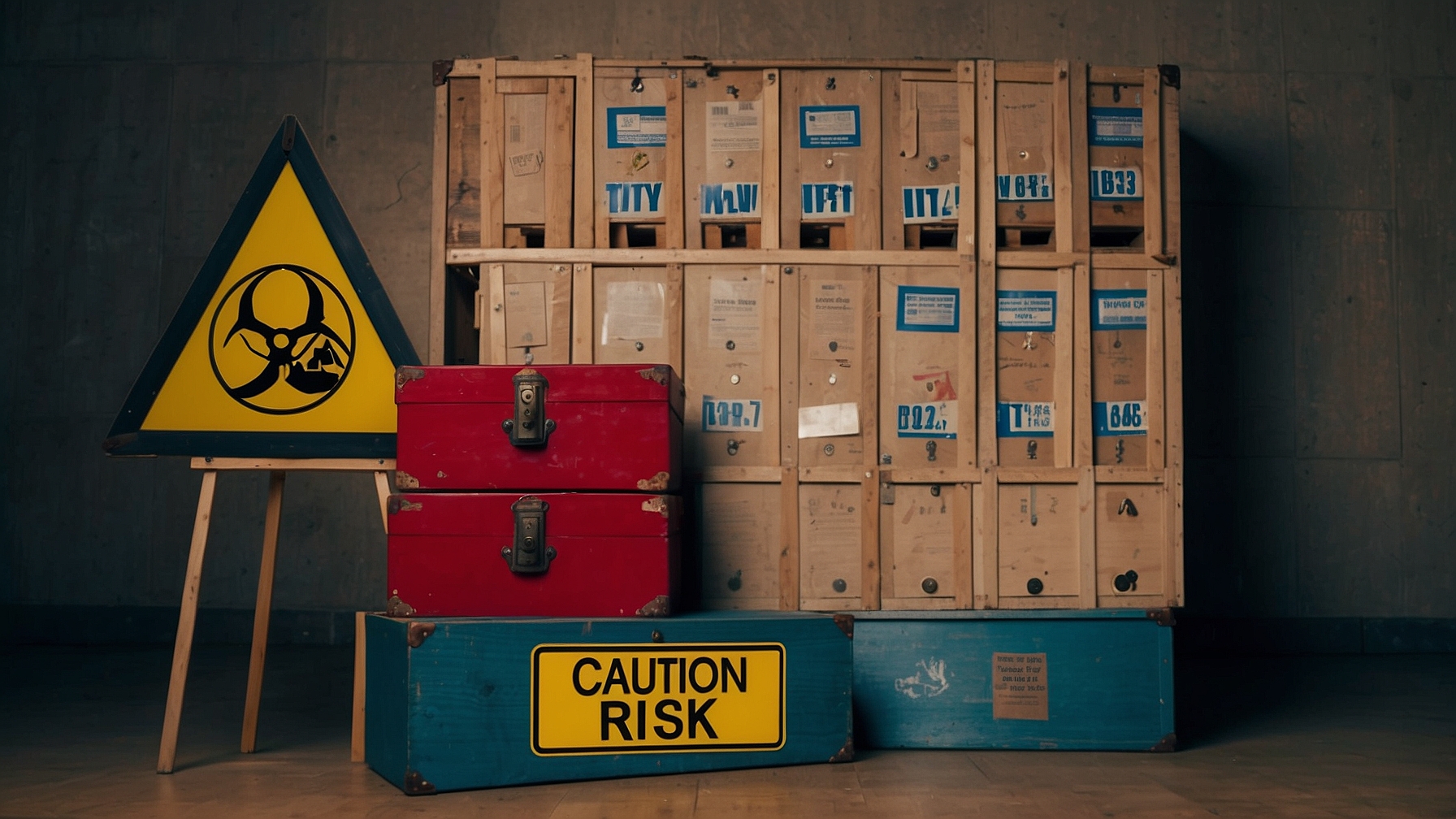“Australia Proposes Rebranding Tech Giants’ AI as ‘Black Box Surprises’ to Curb Public’s Blind Trust”
In an inspiring twist of bureaucratic innovation, the Australian Senate Select Committee, famed for its quick wit and love of ironic T-shirts, has decided to rebrand tech giants’ AI systems with a catchy “High Risk” label. The goal? To help consumers – who are clearly overwhelmed by the abundance of tech facts at their disposal – understand that using these AI models is just like skydiving without a parachute, but less exhilarating.
The committee’s groundbreaking report unveiled the perplexing reality that companies like OpenAI, Meta, and Google have been keeping us all in the dark. It’s almost as if using their AI is like eating a mysterious soup you can’t quite identify but hope won’t turn you into a toad. “Imagine a box full of secrets and surprise kittens,” explained Senator Brenda ‘Twinkle Toes’ Williams, the lead on the committee. “That’s what these AI models are to the common folk: charmingly opaque.”
Australians have been noted for their ability to detect a snake in their boot, but tech snakes? That’s a whole new ball game. “Honestly, I thought AI just meant slightly smarter Siri,” remarked Bruce ‘the Bruiser’ McCallister, a local who only recently switched from his trusty flip phone to a glittering smartphone that still gets lost in his work truck.
The Senate’s report is full of delicious irony as it stops just short of begging these companies to please, for the love of koalas, share how they train their AI. Critics argue that transparency in how these models are made could be as enlightening as discovering the recipe to grandma’s secret sauce – revealing that the magic was really just ketchup all along.
In response, a Google spokesperson, who asked to remain nameless lest they face the wrath of an unexpectedly sentient Google search bar, assured everyone, “We promise our AI tools are like fairy godmothers: they’re cryptic, slightly eccentric, but totally harmless… mostly.”
When questioned about the efficacy of the new label, the committee remained optimistic. “We firmly believe that sticking an ominous label on these digital nuts and bolts will surely solve the problem. Just like slapping a ‘slow’ sign on a kangaroo,” Brenda added, sipping her morning cup of irony.
While Australians ponder the mysteries of these tech-driven contraptions, the rest of the world watches with intrigue and a healthy dose of skepticism, pondering whether labeling AI as “high risk” might be akin to putting a warning sign on crates of Vegemite and hoping for the best.
This wave of caution and humor attempts to deliver a valuable public service while gently mocking our collective oblivion. After all, when it comes to AI, it’s always a good idea to question whether the risk is more ‘Mission Impossible’ or merely ‘Mr. Bean on a Monday morning.’





